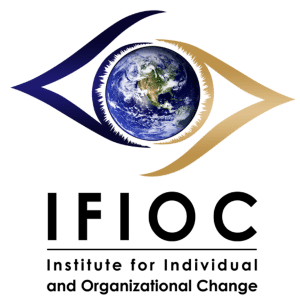
Lastly, informal settings occurs in daily life, in the family, any experience that has a formative effect on the way one thinks, feels, or acts may be considered educational, whether unintentional or intentional. It may be structured according to educational arrangements, but in a more flexible manner, and usually takes place in community-based, workplace-based or civil society-based settings. Nonformal learning occurs as addition or alternative to formal education. In most regions, formal education is compulsory up to a certain age and commonly divided into educational stages such as kindergarten, primary school and secondary school. Formal education takes place in education and training institutions, is usually structured by curricular aims and objectives, and learning is typically guided by a teacher. UNESCO defines three main learning settings. Today, educational goals increasingly encompass new ideas such as liberation of learners, critical thinking about presented information, skills needed for the modern society, empathy and complex vocational skills. Education originated as transmission of cultural heritage from one generation to the next. Early childhood education through USAID in Ziway, EthiopiaĮducation is the process of facilitating learning, or the acquisition of knowledge, skills, values, morals, beliefs, habits, and personal development.

Left to right, from top: Lecture at the Faculty of Biomedical Engineering, Czech Technical University, in Prague, Czech Republic School children sitting in the shade of an orchard in Bamozai, near Gardez, Paktia Province, Afghanistan Student participants in the FIRST Robotics Competition, Washington, D.C.


 0 kommentar(er)
0 kommentar(er)
